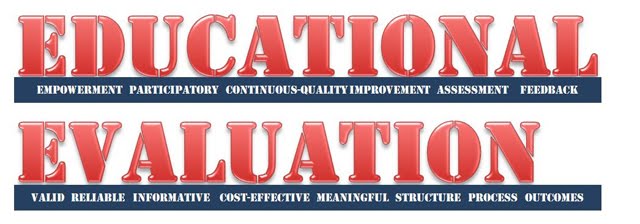CLASS ACTIVITY 8:
TYPES OF ASSESSMENT
according to type:
- test
- observation
- report
according to moment:
- initial
- formative
- summative
according to agent:
- heteroevaluation
- coevaluation
- selfevaluation
SUMMARY/REFLECTION
Selfevaluation is the kind of evaluation in which each individual or actor involved in the educational process makes their own judgements and draws their own conclusions about the experience they have had.
Heteroevaluation happens when more than one individual actor involved in the educational process shares and discusses their judgements and conclusions. Often this kind of evaluation takes place in a small group setting. While individual judgments may change as a result interpersonal evaluation, arriving to a consensus is not the aim. The purpose is simply to share and discuss those individual evaluations.
Coevaluation has an added dimension. It is not simply an interpersonal evaluation in which the number of actors involved is bigger. Since the group as such is part of the context and very often an important source of learning in non-formal education, group evaluation specifically at aspects and dimensions of the learning process that can be observed and judged from a group point of view, including for example the atmosphere, the co-operation among participants, the contribution of the group to the learning and the group process. It should be noted however that this is not its exclusive function.
- Are the objectives of the lesson plan in line with the general objective?
- Do the methods chosen serve the fulfilment of this aim?
- Does the programme cover everything we want to address? Is it realistic?
- Do the stucents have the necessary expertise and capacity to run this programme ?
- Do we need to call in some support?
The formative evaluation is our chance to check how things are going. As the name implies, it takes place during your project. It may be an “ongoing evaluation”, such as daily reviews at the end of each day, or a whole set of methods that take place at the mid-point of the programme.
Formative evaluation may prove to be extremely useful for the class, as it gives them the possibility of identifying potential problems or shortcomings as the programme progresses. Students may decide to make necessary changes in the syllabus, to tackle these challenges, or meet additional needs that the students may raise.
Once we complete our lesson plan, it is time for the final evaluation. Using a variety of methods, the students and the teacher evaluate the whole process in light of the outcomes (i.e. fulfilment of objectives, learning achievements, organisational implications and impact in a wider social context) with a certain distance and perspective.


No comments:
Post a Comment